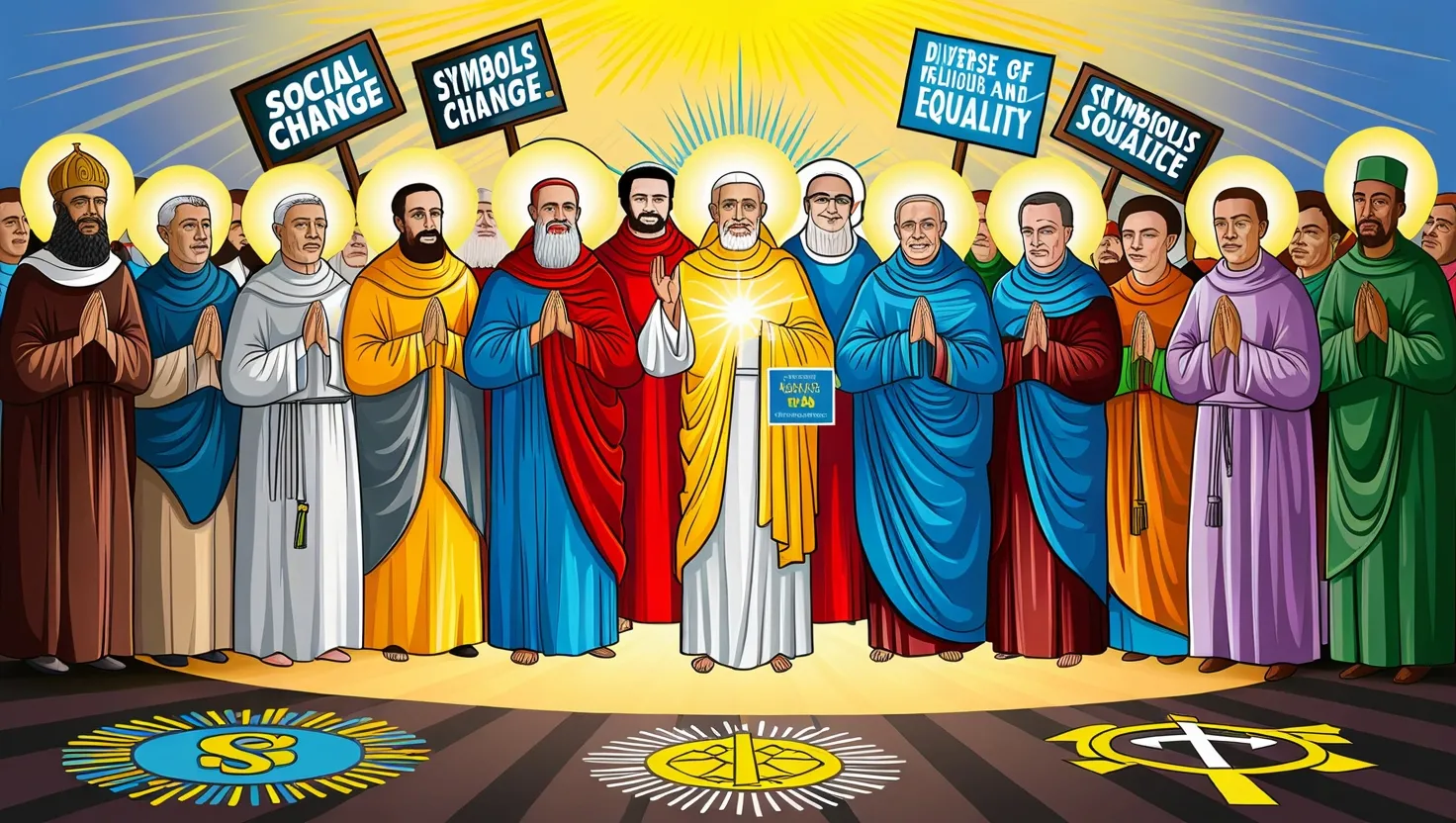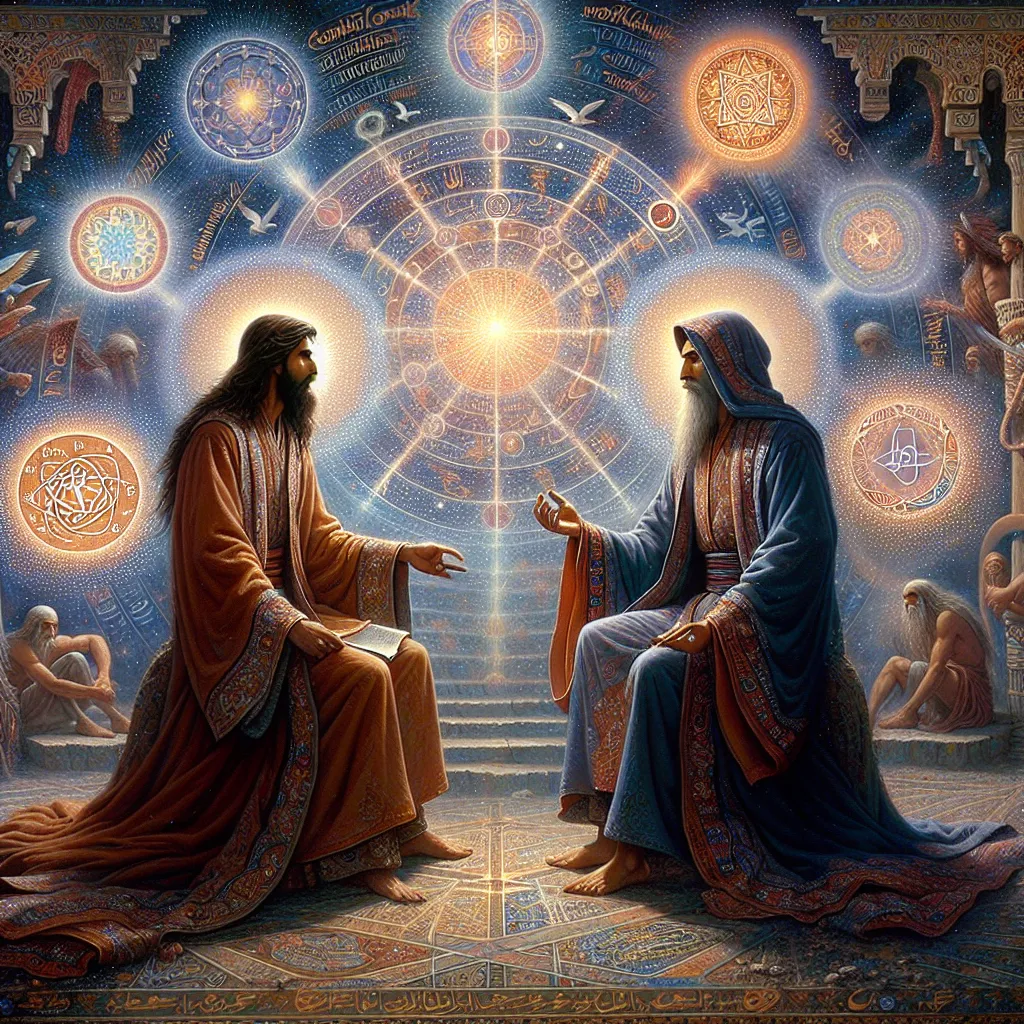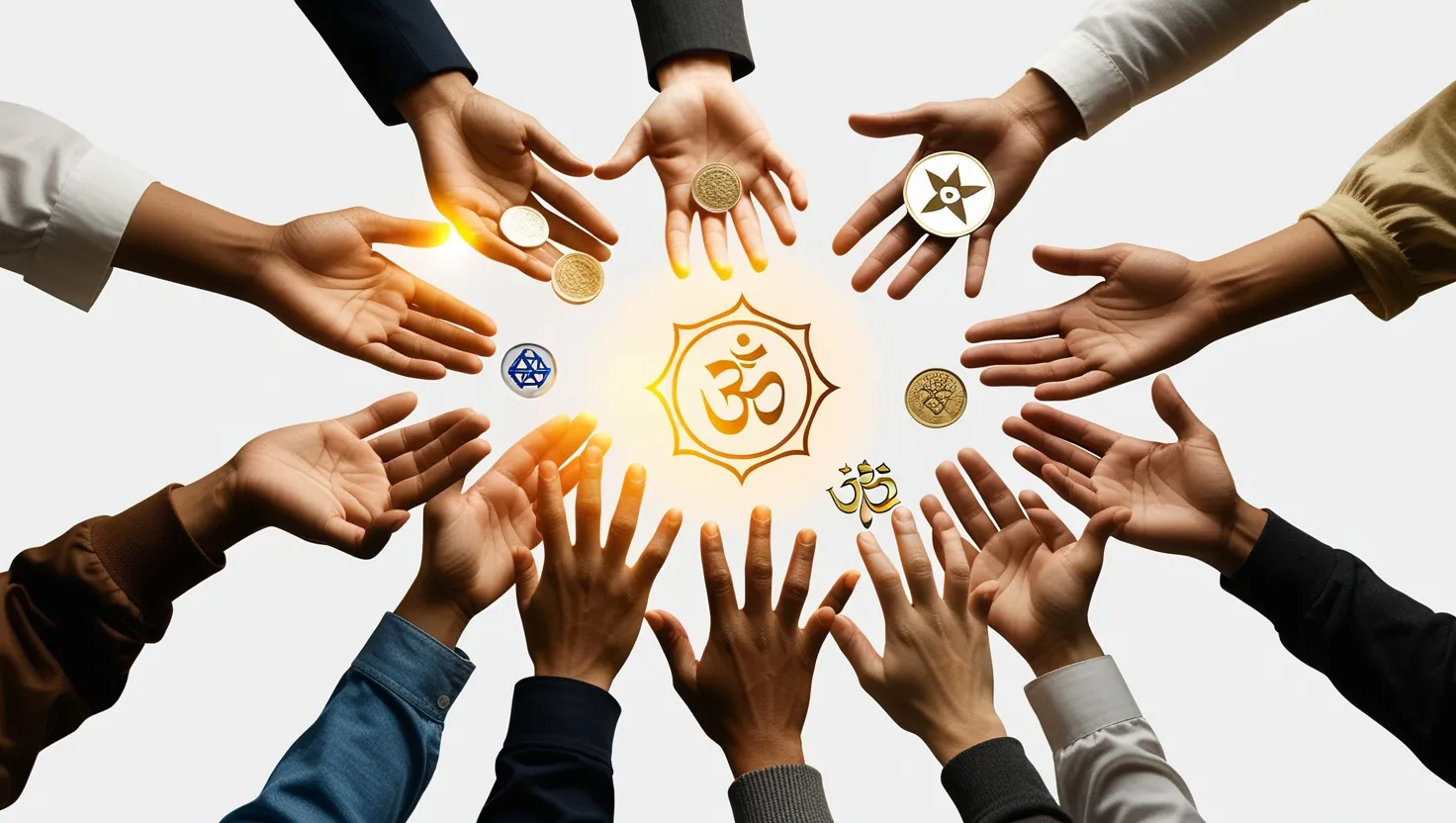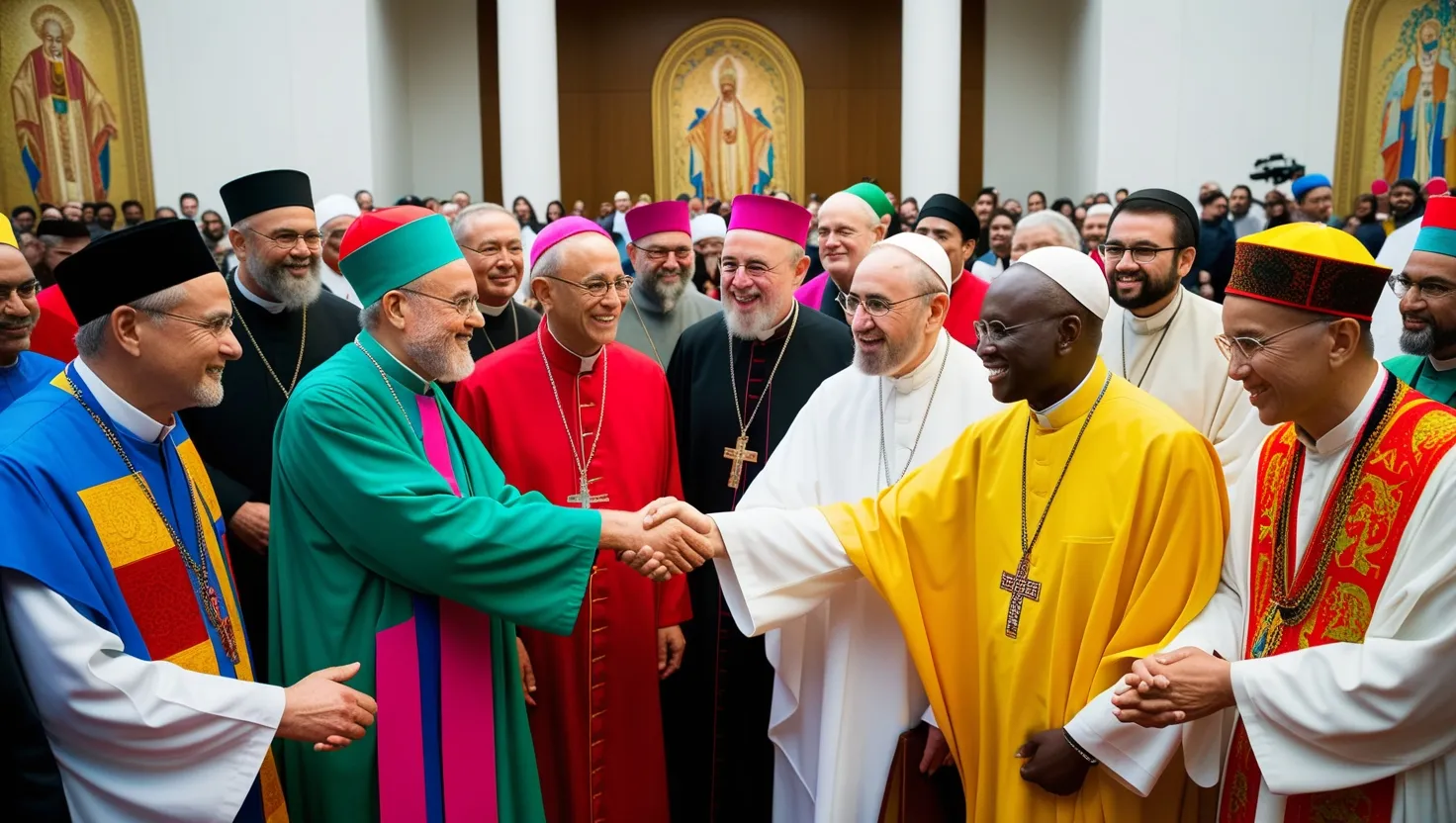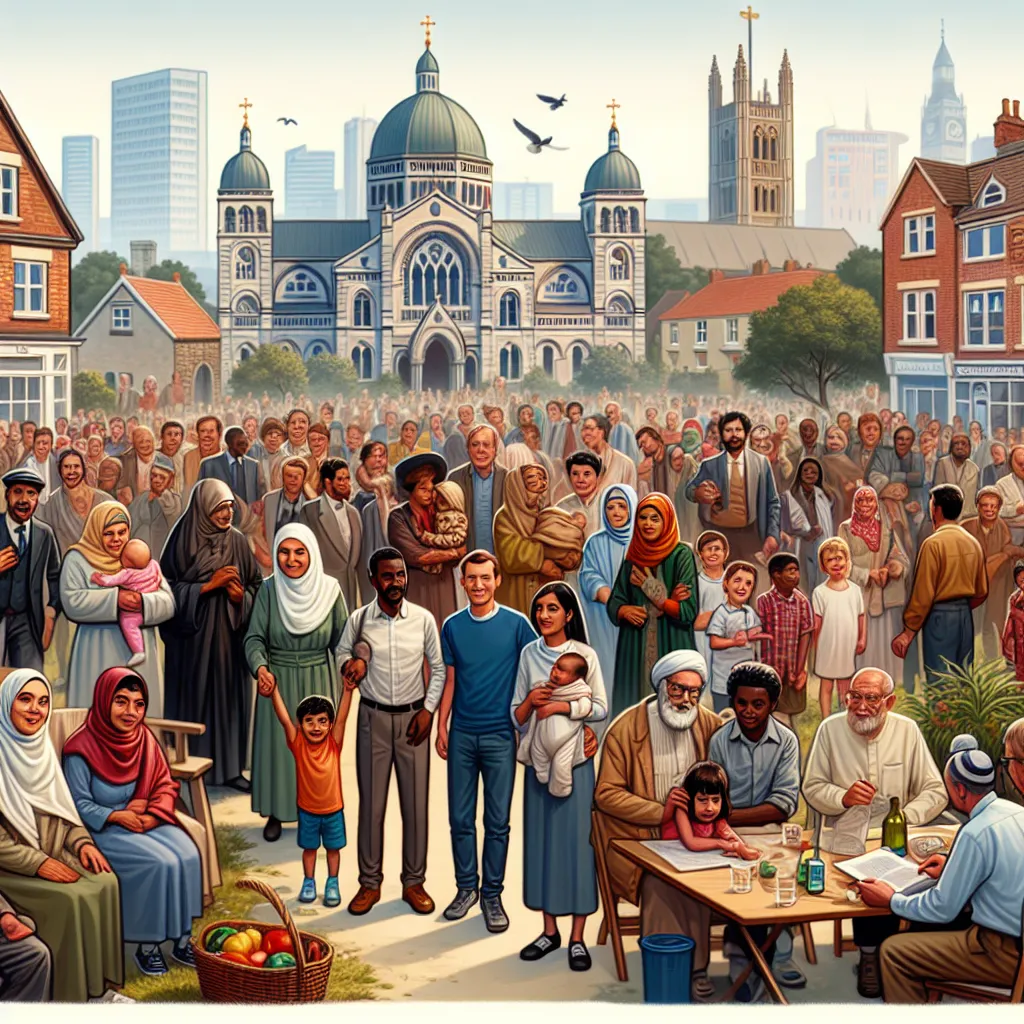The Torah is the heartbeat of Judaism, pulsing with significance for the Jewish community. It’s basically the first five books of the Hebrew Bible – think Genesis, Exodus, Leviticus, Numbers, and Deuteronomy. The big guy Moses is traditionally credited with bringing it down from Mount Sinai straight from God.
But the Torah isn’t just a religious book; it’s like a life manual. It’s full of wisdom and instructions on how to live a good and moral life. The word “Torah” means “instruction” or “teaching,” which pretty much sums up its purpose – guiding Jews around the globe.
The Torah gets the VIP treatment in synagogues where it lives in handwritten parchment scrolls inside the ark of the Law. These scrolls are super sacred and are part of Jewish liturgical services, where they’re read aloud, making them a key part of worship.
The Torah isn’t just about the written word; it includes the Oral Law too. These are interpretations and expansions passed down over generations and now found in texts like the Talmud and Midrash. According to Jewish tradition, all these teachings came from God via Moses, making them equally important.
More than just spiritual guidance, the Torah is a historical gem. It talks about the creation of the world, early Jewish history, and their relationship with God. Its stories and laws have shaped Jewish culture and identity, affecting everything from daily routines to major holidays.
One standout moment is the giving of the Ten Commandments to Moses on Mount Sinai. This event is a cornerstone of Jewish belief, symbolizing the deal between God and the Jewish people. The Ten Commandments offer a compact guide to ethical living, affecting interactions with both God and fellow humans.
The Torah is packed with wisdom on justice, compassion, and kindness. Jewish sage Hillel famously boiled down the Torah’s essence to a single line: “What is hateful to you, do not do to your fellow.” This sums up the ethical heartbeat of Jewish teachings.
Learning the Torah is a lifelong journey for many Jews. It’s a communal thing too, with study sessions happening in synagogues and homes everywhere. Everyone gets involved, not just religious scholars.
The influence of the Torah stretches beyond Judaism. The first five books of the Hebrew Bible are also foundational to Christianity and Islam, though each religion has its own take on them. The ethical and legal principles from the Torah have even shaped Western legal systems and still spark moral debates today.
Even though it’s ancient, the Torah is very much alive. People still study, discuss, and learn from it, making its teachings relevant in the modern world while keeping a deep connection to Jewish heritage.
To wrap it up, the Torah is more than a sacred text. It’s the bedrock of Jewish faith and daily life. It guides ethical living, shapes identity, and continues to inspire people around the world. Its influence goes beyond religion, touching on culture, education, and law. The Torah remains a vibrant, essential part of Jewish life, proving the lasting power of its teachings.

